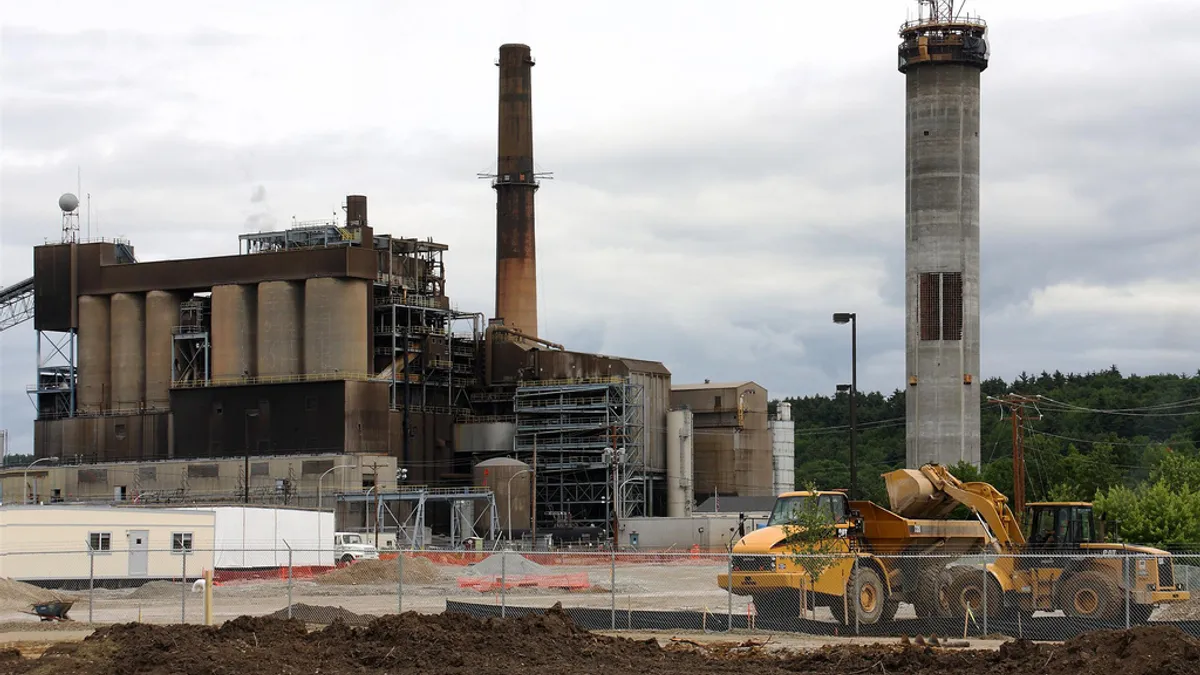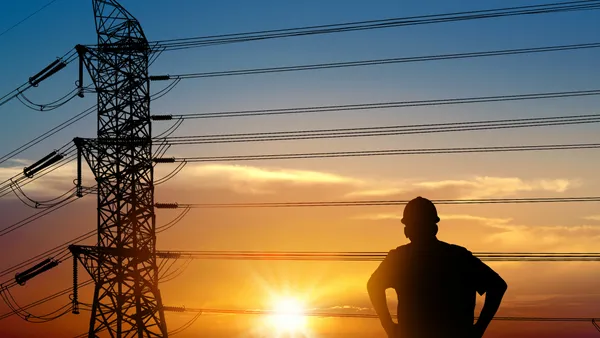Dive Brief:
- The West Virginia Senate unanimously passed a bill authorizing utility surcharges to pay for coal plant upgrades, but The Charleston Gazette-Mail questions where the measure will ever be used or if it is symbolic in nature.
- House Bill 4435 is being pushed by the West Virginia Coal Association, and will now head to Gov. Earl Ray Tomblin (D) for his signature.
- The bill's easy passage and sparse debate may indicate that few expect it to ever be used. The Gazette-Mail reports all coal boilers in the state already use more modern technology, and utilities have no plans to access the surcharge.
Dive Insight:
West Virginia is moving to ease the path for utilities to improve their coal plants, but it's unclear if the legislation is actually necessary.
According to the Charleston Gazette-Mail, all coal plants operating in the state already have modern boiler systems. And with natural gas forcing utilities away from coal already, the newspaper reports "the bill could end up being more of a ceremonial vote showing lawmakers' devotion to coal."
But according to Bill Raney, president of the West Virginia Coal Association, the proposal is designed to save coal jobs which would be eliminated if utilities close down those plants. The plan is "to keep as many coal miners working in West Virginia as possible," he said. “It is an encouragement for them to modernize their boilers instead of shutting them down."
The measure passed 96-3 in the House of Delegates, and was passed 34-0 in the Senate with no debate.
Both Appalachian Power and FirstEnergy have said they support the bill, but also that they did not initiate it.
The bill specifically notes that West Virginia's abundant coal reserves "have created, and will continue to create, many benefits to the state and its citizens." But it also cautioned the state is "experiencing a significant downturn in the coal industry as a result of increasing environmental regulation and increased competition from natural gas and oil."
The changing marketplace means West Virginia must be "proactive and focus on the modernization and improvement of coal-fired boilers used by electric utilities in this state to allow the more efficient use of coal in the generation of electricity with reduced environmental impact," the legislation concludes.















